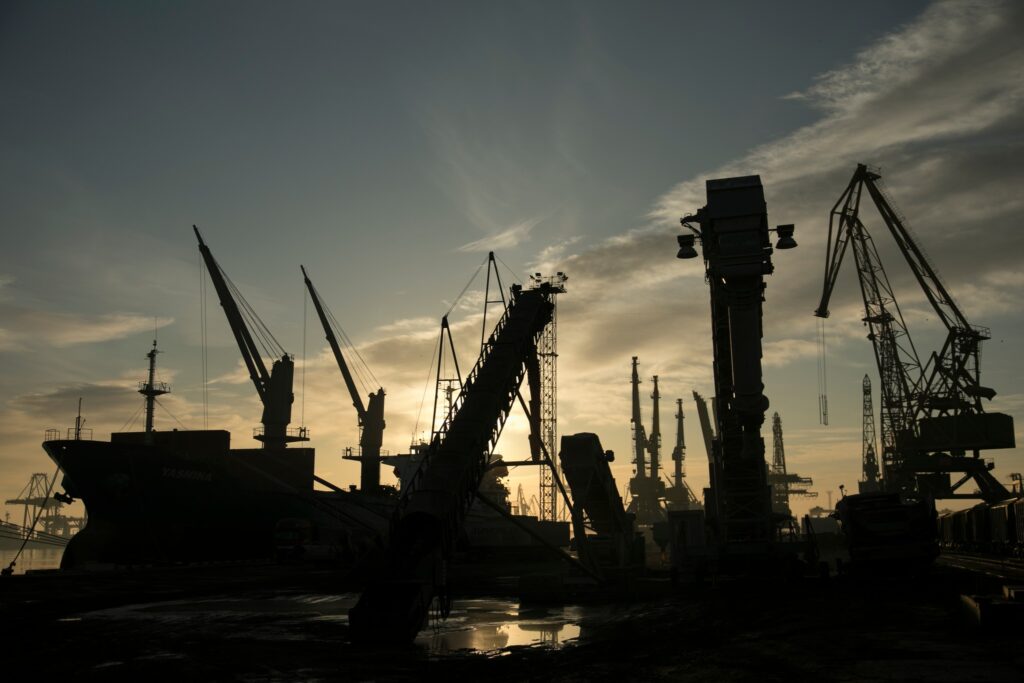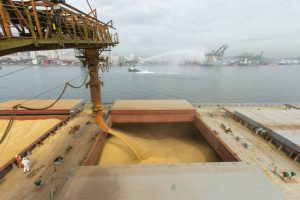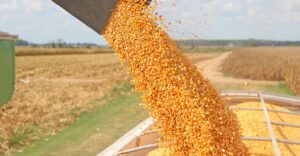The active operation of Ukrainian ports normalized the flow of goods between Ukraine and the EU

Ukraine, the European Commission and neighboring countries – Poland, Slovakia, Hungary, Romania and Bulgaria – discussed the trade situation in the region.
The meeting took place in Brussels within the framework of the 14th Meeting of the Joint Coordination Platform on the Export and Transit of Ukrainian Agricultural Products, said Trade Representative of Ukraine and Deputy Minister of Economy Taras Kachka.
According to him, the biggest contribution to the normalization of goods flows between Ukraine and neighboring EU member states is the active work of Ukrainian ports: “Pivdenny”, “Chornomorsk” and “Odesa”.
“It, in turn, depends on the effective protection of these ports and infrastructure in the region from Russian attacks. All efforts to establish exports through the Danube have made this corridor cost-effective, and it has become an important addition to exports from Ukrainian seaports,” said Taras Kachka.
These efforts also made it possible to more actively use land routes of export – railways and motor vehicles. In particular, for the export of other goods from Ukraine, especially the industrial group with a higher added value, as well as for the supply of vital products to Ukraine, for example, fuel.
He also added that work on concluding agreements on joint control at checkpoints has moved forward. The European Commission provided its comments on the relevant agreement of the Polish government.
“This step, although it is bureaucratic, is an important sign that, unlike previous attempts, this time we see the determination of both the EU and Poland to complete its conclusion. The launch of the agreement between Romania and Moldova is also at the final stage. This means that in the near future relevant agreements will be concluded with all neighboring member states. In addition, the Agreement on Joint Transit has become active. In this way, the response to the crisis phenomena bore fruit in the better efficiency of the border between Ukraine and the EU,” explained the trade representative of Ukraine.
The participants of the meeting also evaluated the forecasts of production and consumption of grain and oil crops. The reduction of production in the EU and Ukraine means that open borders should help both the EU and Ukraine to ensure the functioning of their food systems in the most effective way.
The deputy minister emphasized that all this creates an opportunity to resolve the remaining problems in the region’s trade and determine trade parameters for the period after June 2025.
“At meetings with the offices of commissioners involved in trade issues and representatives of DG Trade, the work schedule for the coming months was determined, taking into account the formation of a new commission. The parameters of trade in sensitive goods and mechanisms for responding to challenges in the region will be determined by the end of the year,” said Taras Kachka.
As of September 19, 70 million tons of cargo were transported by 2,577 vessels during the entire operation of the corridor. Of these, 46.7 million tons of Ukrainian agricultural products were delivered to 48 countries around the world.





